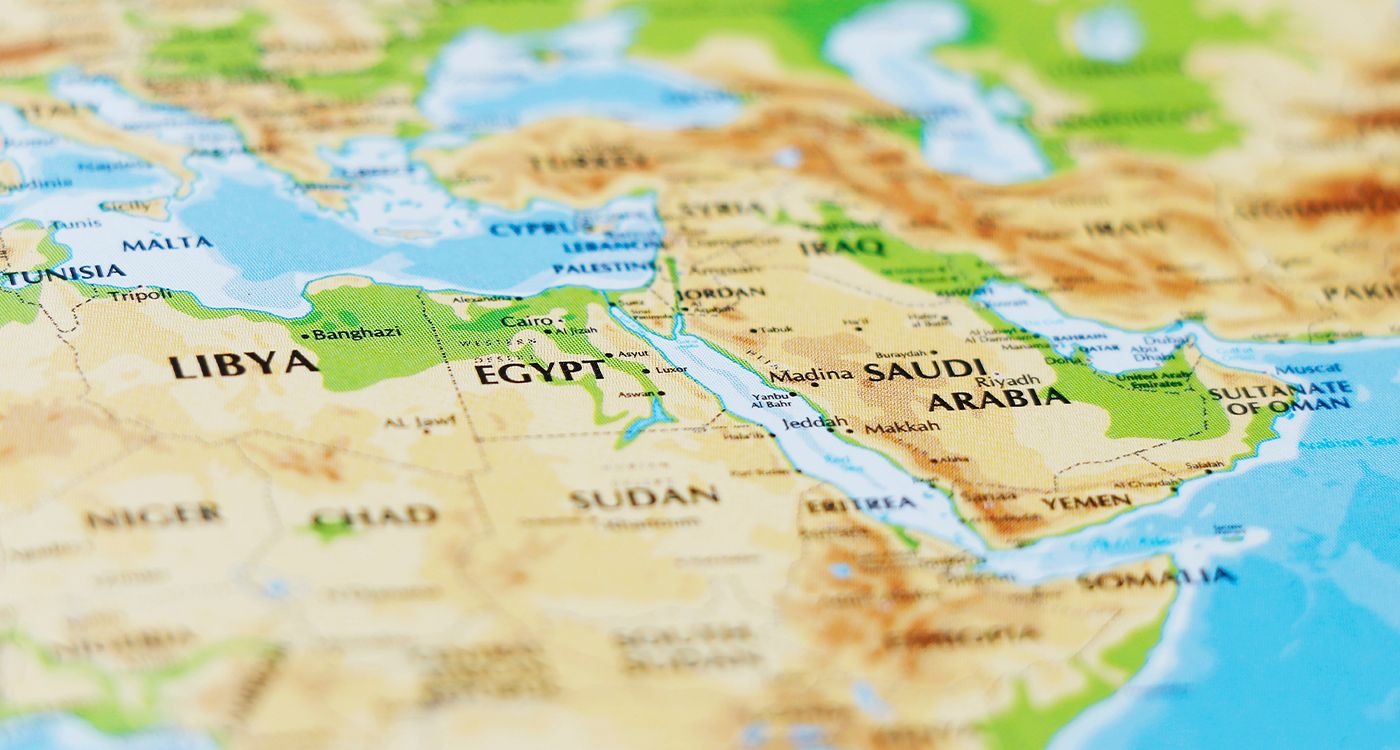- Home
- Middle East
- Why Fear the New When We Know the Old?

©shutterstock
The idea of a "new Middle East" often takes on more weight than it deserves, as it is always associated with assumptions, fears, and troubling considerations as if this new Middle East is inherently an enemy of everything we know today.
If we look back at World War I, when the concept of a "new Middle East" was first discussed before the Sykes-Picot Agreement, people of that time would have likely felt anxious too. They would have thought that what was coming would be frightening, because human nature instinctively fears change and the unknown. Back then, fears centered around how the region would be divided. For example, Muslims in Lebanon initially struggled to accept the idea of Greater Lebanon and were slow to fully integrate into the state. Similarly, Syrians resisted the idea of an independent Lebanon, seeing it as part of "natural Syria," in line with nationalist ideologies.
Such theories made the "new Middle East" of that time — the one we now consider "old” — a source of anxiety for observers and stakeholders until compromises were made and the region was divided in the way we see today.
The region then saw continuous wars and conflicts:
- In Palestine, where the struggle over land between Palestinians and Jews erupted.
- In Lebanon, where Muslims and Christians clashed over power.
- In dictatorial states, where leaders came to power through coups and ruled with iron fists, sidelining their rivals in countries like Egypt, Syria, and Iraq.
These ongoing conflicts spurred the search for a new governance model — a "new Middle East." Discussions began in earnest in the mid-1970s, particularly after the Six-Day War and the occupation of Jerusalem. These discussions were accompanied by elaborate, often unrealistic, and sometimes distorted theories: ideas like relocating Christians by ship, sectarian divisions serving Israel’s justification for its existence, and other concepts that eventually faded — like the partition plan of 1982.
Despite the failure of specific projects, the idea of a "new Middle East" persisted and resurfaced whenever a new crisis arose in the region. Many people fear this concept because they believe it signifies a Western effort to comfort Israel and support its project. But if we accept this argument, hasn’t Israel already been completely comfortable in the "old" Middle East — the one we live in today? What toppled Israel's agenda, a country that was established in this very Middle East and has grown into a nuclear power?
The "new Middle East" may involve redrawing maps, shifting alliances, and reconfiguring positions. Yet, contrary to many's beliefs, it undoubtedly strives for peace, driven primarily by economic considerations and secondarily by military ones. The next phase will be dominated by competition over land, water, free economic connectivity, artificial intelligence, and technology. The oil era is ending, and the battle for natural resources is no longer what it once was.
There is no justification for fearing the "new Middle East." This "new" version is unlikely to be worse than the one we live in today. It will not grant Israel privileges beyond what it already possesses, given that Israel already wields significant influence over Western policies in the region. It will not dismantle existing states, especially those that have endured constant turmoil for decades.
Why should we truly fear it, knowing how bad the "old" Middle East has been?
Read more



Comments